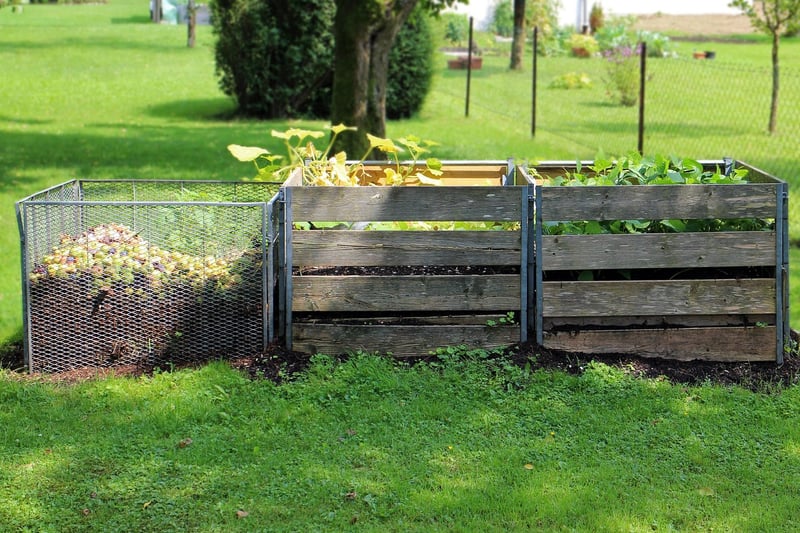Sustainable Practices
The Urban Gardener's Guide to Sustainable Food Practices

Urban gardening has gained popularity in recent years as people seek sustainable ways to grow their own food in limited spaces. Whether you have a small balcony, rooftop, or backyard, there are plenty of ways to cultivate a thriving urban garden while incorporating sustainable practices. Here are some tips for the urban gardener looking to grow food sustainably:
1. Choose the Right Plants
Opt for native plants or vegetables that thrive in your region's climate and soil conditions. This reduces the need for excessive watering, fertilizers, and pesticides, promoting a healthy and sustainable garden ecosystem.
2. Composting for Nutrient-Rich Soil
Start a compost bin to recycle kitchen scraps and yard waste into nutrient-rich soil for your plants. Composting reduces landfill waste and provides a natural alternative to chemical fertilizers.

3. Water Conservation Strategies
Implement water-saving techniques such as drip irrigation, rainwater harvesting, and mulching to minimize water usage in your urban garden. Collecting rainwater reduces dependency on municipal water sources and helps conserve this precious resource.
4. Integrated Pest Management
Avoid harsh pesticides by practicing integrated pest management techniques. Encourage beneficial insects, companion planting, and natural predators to control pests in your garden organically.
5. Vertical Gardening and Container Gardening
Maximize space in your urban garden by utilizing vertical gardening structures like trellises, hanging planters, and vertical towers. Container gardening is also an excellent option for growing herbs, vegetables, and flowers in small spaces.

6. Sustainable Harvesting Practices
Harvest fruits and vegetables when they are ripe to prevent waste and maximize freshness. Store excess produce by freezing, canning, or preserving to enjoy your homegrown bounty throughout the year.
7. Community Involvement and Sharing
Engage with your local community by participating in community gardens, seed swaps, or sharing excess produce with neighbors. Collaboration and sharing resources promote sustainability and strengthen community bonds.
By incorporating these sustainable practices into your urban gardening routine, you can enjoy fresh, organic produce while minimizing your environmental impact. Get started on your urban gardening journey today and reap the rewards of a thriving and eco-friendly garden!
